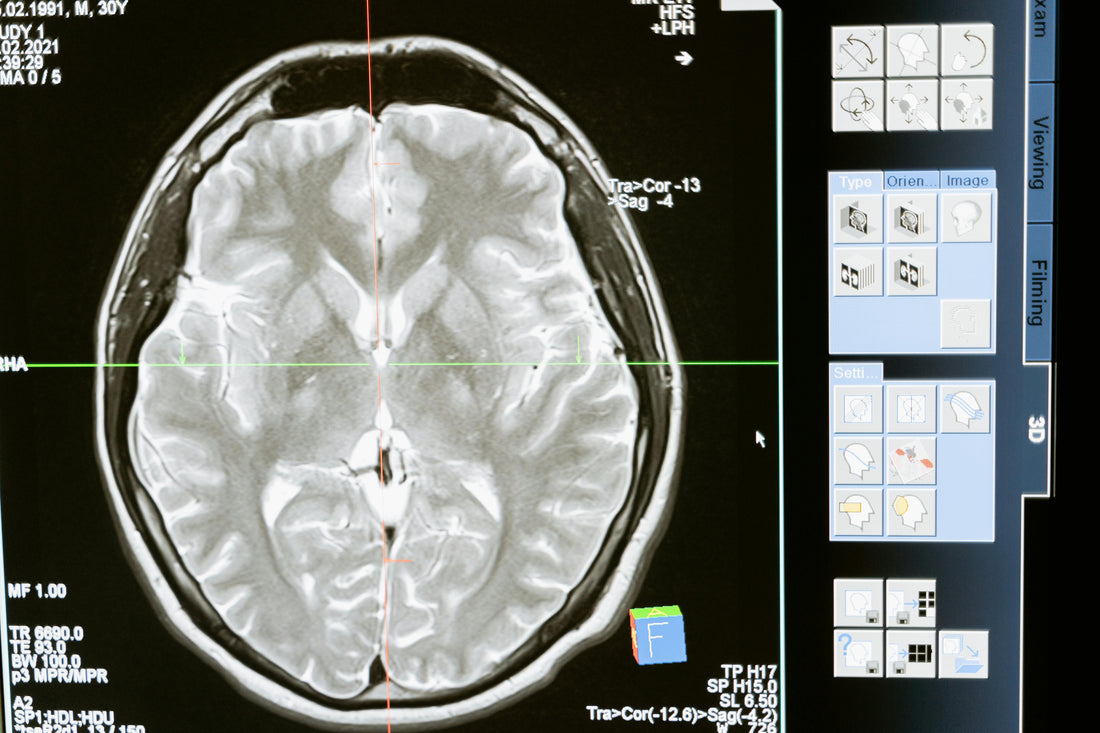
Better Fitness, Healthier Brain: What Science Says About Aging
Share
Introduction
As we age, it’s normal to experience changes in our body and mind. But new research shows that staying physically fit might help protect our brain. A study published in the European Review of Aging and Physical Activity looked at older adults and found that better fitness levels were linked to a healthier brain—specifically, more brain myelin.
What Is Myelin and Why Does It Matter?
Myelin is a fatty substance that covers and protects the nerves in the brain. It helps send messages quickly and smoothly between brain cells. When we have more healthy myelin, our brain works better—especially when it comes to thinking, moving, and reacting.
But as we get older, myelin naturally starts to break down. This can lead to slower thinking, memory issues, and problems with movement. That’s why finding ways to protect or boost myelin is important.
The Study at a Glance
Researchers studied 87 healthy older adults in Poland, aged between 62 and 75. They measured their physical strength, heart and lung fitness, and handgrip power. Then, they used a special type of MRI scan to look at the amount of myelin in their brains.
They found that people with better heart and lung fitness—and stronger arms and legs—tended to have more brain myelin. This means that being fit could help the brain stay younger and healthier for longer.
Key Findings
- Better fitness = more myelin: People who scored well on exercise tests had more brain myelin.
- Heart health matters: Those with a better balance of oxygen and carbon dioxide during exercise had healthier brains.
- Stronger muscles = stronger brain: Grip strength and leg strength were also linked to more myelin.
- Body composition counts: Being slightly overweight didn’t seem to lower brain myelin much, but higher body fat might.
Why This Matters
Loss of myelin is a common part of aging and can be even worse in brain diseases like Alzheimer’s. But this study shows that regular exercise, especially activities that improve heart and muscle strength, might help protect your brain’s wiring.
This is good news: you don’t need to be an athlete—just staying active and keeping fit may support brain health as you age.
Simple Tips to Support Brain and Body Health
- Walk, swim, cycle, or dance regularly
- Include strength exercises for arms and legs
- Try to keep a healthy weight
- Stay socially connected and mentally active
- Talk to a doctor before starting a new exercise routine
Conclusion
Physical fitness isn’t just good for your body—it’s also great for your brain. This new research shows that staying active can help maintain the brain’s structure and support better thinking and memory as we get older. So get moving—not just for your heart, but for your mind too.
